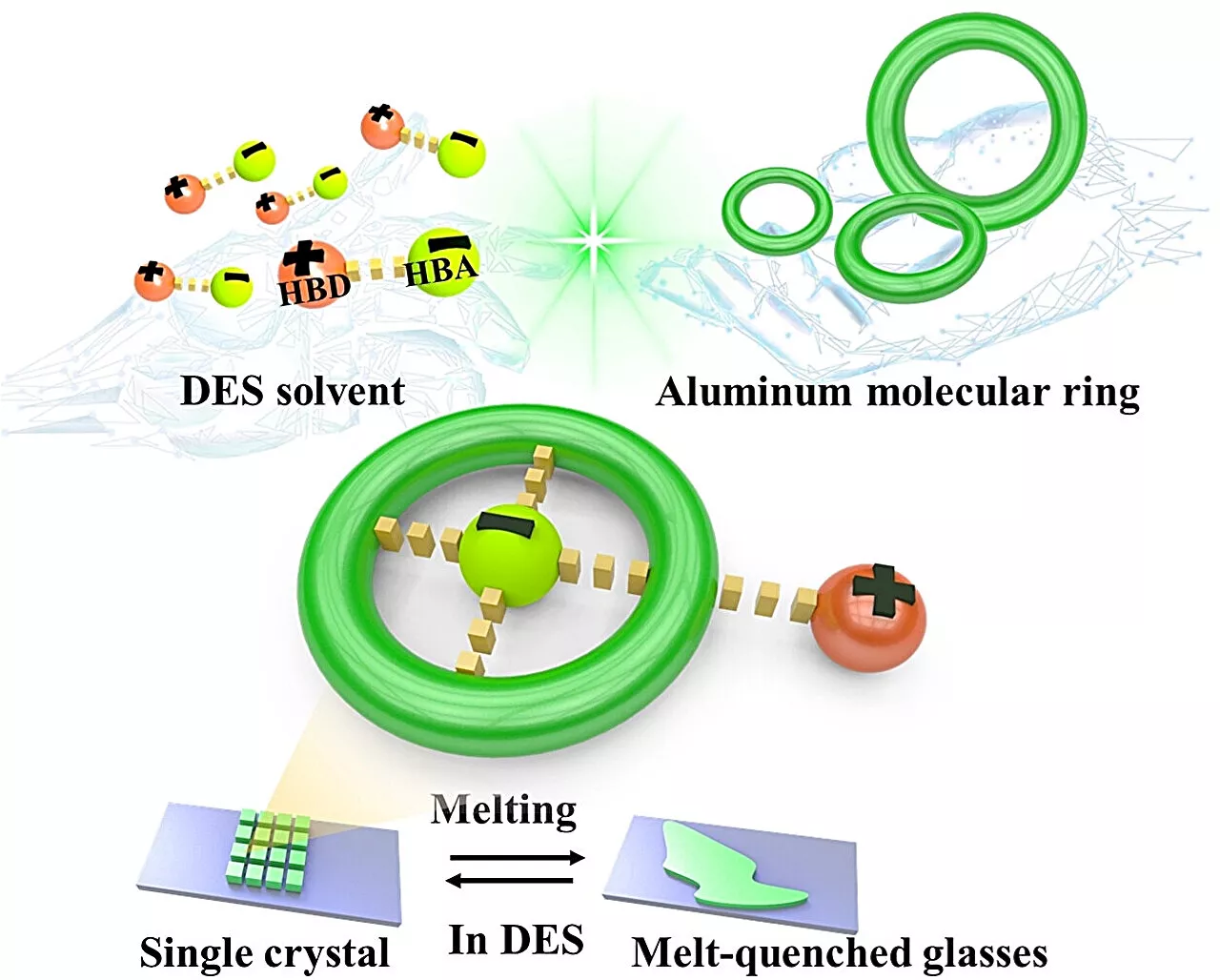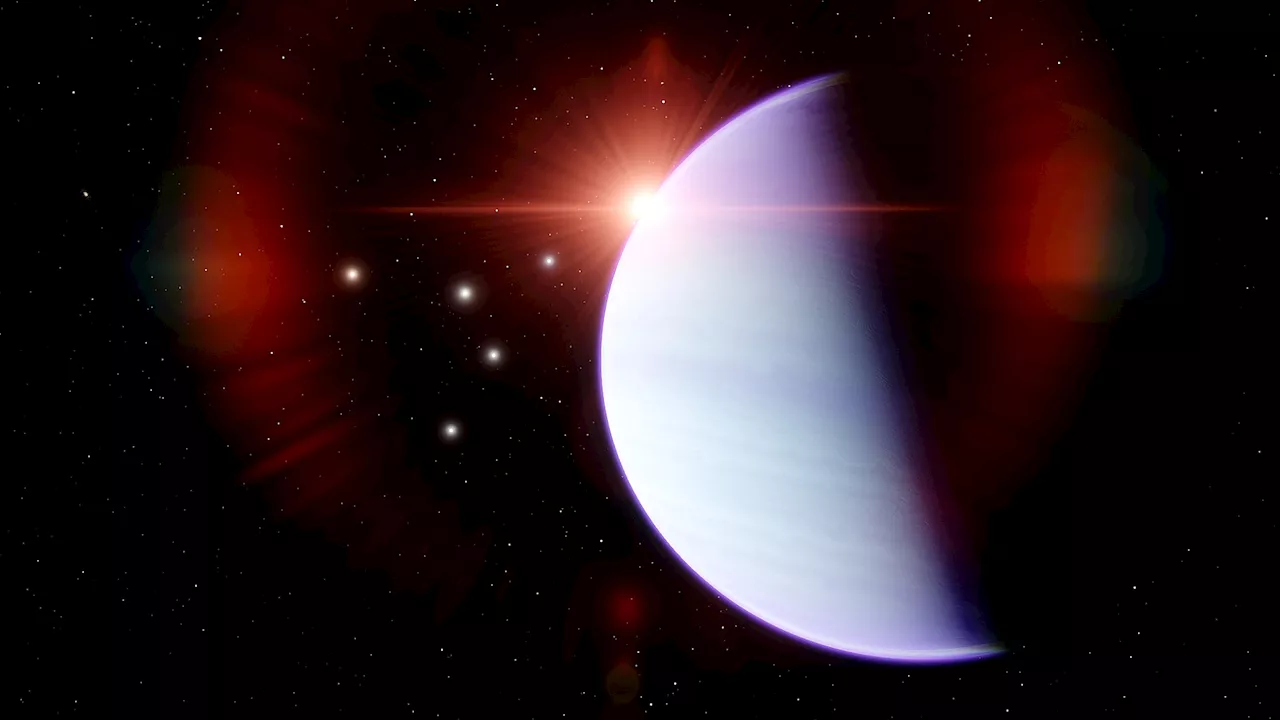New research indicates that gas giant formation could have a surprising twist: Those planets might start off much flatter.
Flat Earth? More like flat Jupiter. New research suggests that gas giants like Jupiter may actually start off much flatter during their formation phase. A new paper featured in Astronomy and Astrophysics Letters details the findings, including highlighting how the researchers came to their conclusions. The most widely accepted theory for planetary formation is the theory of 'core accretion.
Many of these protoplanets are surprisingly flatter than would be expected based on core accretion. However, the researchers say that it is likely they will eventually evolve into gas giants as we know them, with more spherical appearances. But for now, they are twice as flat as Saturn, which has raised some questions. With the theory of disc instability, the formation of gas giants into flat and then more rounded planets makes more sense.
United States Latest News, United States Headlines
Similar News:You can also read news stories similar to this one that we have collected from other news sources.
 Godzilla x Kong: New Empire Trailer: Kaiju Heroes Face A Giant Ape Army & Terrifying New ThreatAll the latest movie news, movie trailers & reviews - and the same for TV, too.
Godzilla x Kong: New Empire Trailer: Kaiju Heroes Face A Giant Ape Army & Terrifying New ThreatAll the latest movie news, movie trailers & reviews - and the same for TV, too.
Read more »
 New York/New Jersey chosen to host 2026 World Cup FinalMetLife Stadium in New Jersey will officially host the 2026 World Cup Final, FIFA announced on Sunday.
New York/New Jersey chosen to host 2026 World Cup FinalMetLife Stadium in New Jersey will officially host the 2026 World Cup Final, FIFA announced on Sunday.
Read more »
 FAR AFIELD: Researchers seek out and study tornadoes and severe weatherOceanic and Atmospheric Research (OAR) - or NOAA Research - provides the research foundation for understanding the complex systems that support our planet.
FAR AFIELD: Researchers seek out and study tornadoes and severe weatherOceanic and Atmospheric Research (OAR) - or NOAA Research - provides the research foundation for understanding the complex systems that support our planet.
Read more »
 Researchers develop cluster glass for fluorescence and nonlinear optical propertiesGlass can be synthesized through a novel 'crystal-liquid-glass' phase transformation. Crystalline materials can be fine-tuned for desired properties such as improved mass transfer and optical properties through coordination chemistry and grid chemistry design principles.
Researchers develop cluster glass for fluorescence and nonlinear optical propertiesGlass can be synthesized through a novel 'crystal-liquid-glass' phase transformation. Crystalline materials can be fine-tuned for desired properties such as improved mass transfer and optical properties through coordination chemistry and grid chemistry design principles.
Read more »
 Researchers 3D-print functional human brain tissueIt's an achievement with important implications for scientists studying the brain and working on treatments for a broad range of neurological and neurodevelopmental disorders, such as Alzheimer's and Parkinson's disease.
Researchers 3D-print functional human brain tissueIt's an achievement with important implications for scientists studying the brain and working on treatments for a broad range of neurological and neurodevelopmental disorders, such as Alzheimer's and Parkinson's disease.
Read more »
 Researchers show classical computers can keep up with, and surpass, their quantum counterpartsA team of scientists has devised means for classical computing to mimic a quantum computing with far fewer resources than previously thought. The scientists' results show that classical computing can be reconfigured to perform faster and more accurate calculations than state-of-the-art quantum computers.
Researchers show classical computers can keep up with, and surpass, their quantum counterpartsA team of scientists has devised means for classical computing to mimic a quantum computing with far fewer resources than previously thought. The scientists' results show that classical computing can be reconfigured to perform faster and more accurate calculations than state-of-the-art quantum computers.
Read more »
